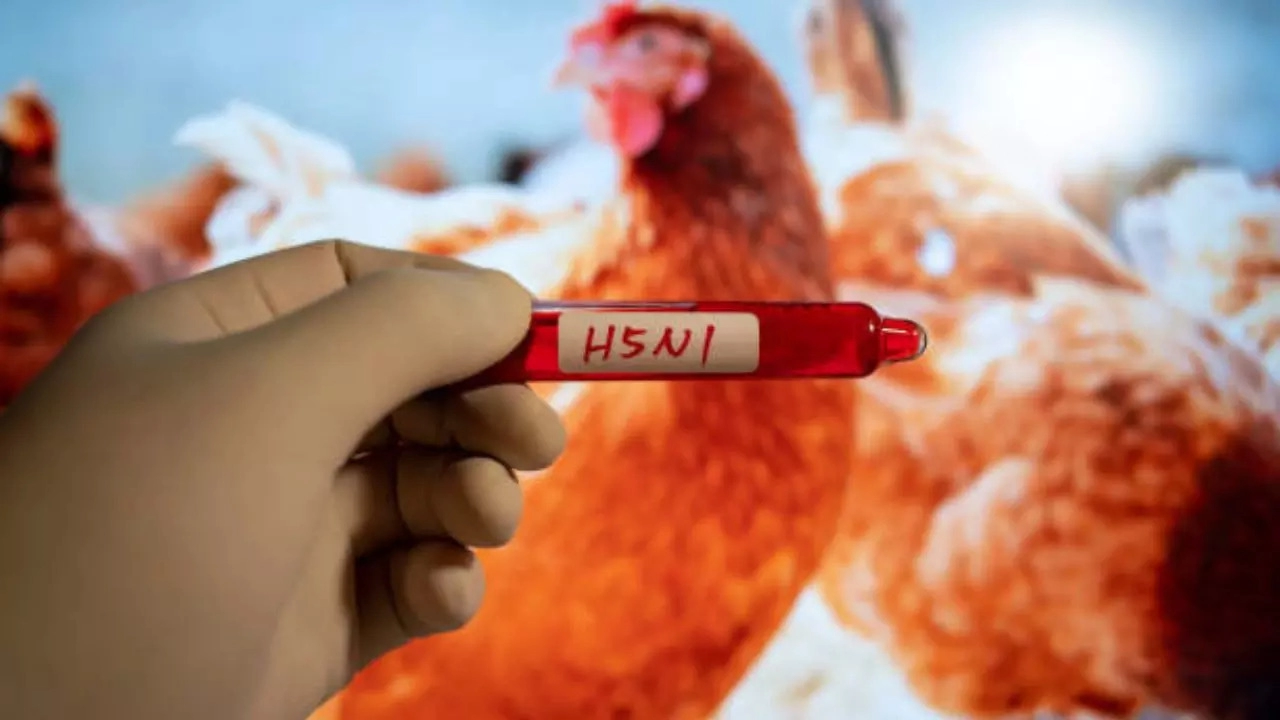Ashima Sharda Mahindra • 26 Oct 2024
US CDC Confirms Second Human Bird Flu Case in Missouri With No Known Exposure to Farm Animals

Antibody tests have shown symptomatic healthcare workers who cared for the patient were not infected with the H5N1 virus
The second case of a person contracting bird flu or H5N1 virus despite not being exposed to poultry or dairy cows has been reported, US health officials said. According to reports, this person had shared a home with a patient who was first hospitalized with bird flu in August. Antibody tests have, however, shown that symptomatic healthcare workers who cared for the patient were not infected with the H5N1 virus, the Centers for Disease Control and Prevention said in its latest bird flu update.
According to the investigation, the original hospital patient along with the second individual had identical symptom onset as similar dates support a single common exposure to bird flu rather than person-to-person spread within the household, the CDC noted.
"To date, human-to-human spread of H5 bird flu has not been identified in the United States," the agency added. "CDC believes the immediate risk to the general public from H5N1 bird flu remains low, but people with exposure to infected animals are at higher risk of infection."
The number of human cases of bird flu is increasing
There has been a significant rise in the number of human cases of bird flu connected to livestock across the United States. Recently, California confirmed at least 16 cases of avian influenza – a viral infection that causes severe respiratory issues. Also, Washington State has reported two poultry workers infected with the bug and five others presumed to be positive.
Except for the two people in Missouri, all infections so far have been linked to exposure to infected poultry or cattle.
As of now, both the investigators and experts are clueless as to how the Missouri patient and the household member became infected. They had no exposure to infected animals and had not consumed raw milk products that may have carried the virus, officials said.
The latest cases fuel growing concern among public health experts that the ongoing bird flu outbreak that is sickening dairy cows and poultry will eventually trigger human-to-human transmission of the virus.
Till date, more than 338 dairy herds in around 14 states have been infected since the outbreak in dairy cows was first confirmed in March this year. Avian influenza has been spreading in wild and domestic birds in the US. “We should be very concerned at this point,” Dr. James Lawler, co-director of the University of Nebraska’s Global Center for Health Security, told the New York Times. “Nobody should be hitting the panic button yet, but we should really be devoting a lot of resources into figuring out what’s going on.”
Get Latest News Live on Times Now along with Breaking News and Top Headlines from Health and around the world.